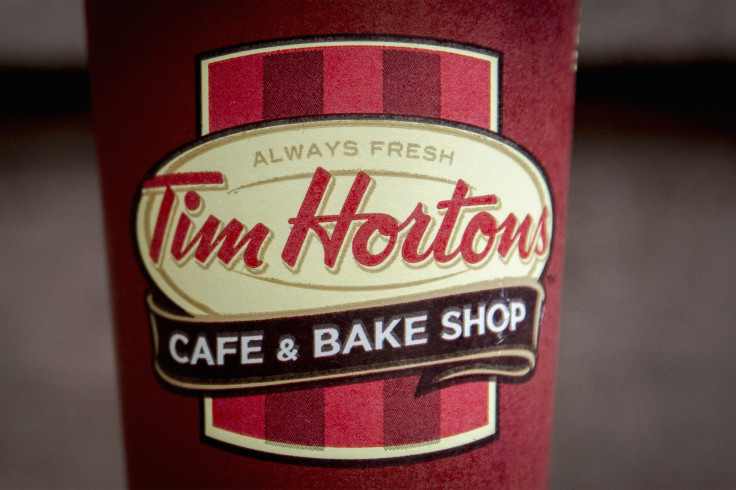Senior Citizen Who Lived In 24-Hour Coffee Shop Found Dead At His Regular Table

He was known to the customers and staff of the Vancouver branch of Tim Hortons as Ted. An amiable man, thought to be in his 70s, he had lived out the last decade at the downtown 24-hour coffee shop eating, sleeping and finally expiring, at the same table near the washroom.
In the early hours of the morning of May 31, Ted, who in the late stages of cancer was a shrunken figure, was found slumped at his table. The bustle of life went on around him; customers checked their phones and sipped cappuccinos whilst staff served sandwiches and cleaned tables.
Hours passed and no one noticed the still, crumpled figure until finally, a passerby alerted staff, who called 911. Ted was dead.
“It is a nearly unimaginable scenario,” Jeremy Hunka of the Union Gospel Mission told the Guardian. “To have somebody dying for hours in a public restaurant at a table, where customers are drinking their coffee, coming and going, and nobody is noticing this person’s dying breath.”
Tim Hortons responded with an official statement. “Like other members of the community, we were saddened to hear this news,” it said. “The individual was a regular at the restaurant and will be missed.”
According to reports, Ted had worked his whole life in low paying jobs but had finally slipped through society’s safety net into homelessness. His problems were exasperated by Vancouver’s red-hot property market that makes the struggle for low-cost housing particularly challenging. Then he got ill and Tim Hortons, located a few blocks from Vancouver’s general hospital, became his "home," said homeless advocates.
The tragic and lonely death of Ted highlights how fast food restaurants and coffee shops are becoming makeshift refuges for the homeless, who are increasingly displaced seniors, and the minimum wage, young employees are becoming ad-hoc carers.
Julian Somers, a public health professor at Simon Fraser University, told The Star Vancouver: “We are off-loading the burden to other sectors of society – the public, shopkeepers, transit officials, fast food operators,” he said. “We are forcing the issue into any place that has a bit of capacity to exercise some generosity, some warmth, some safety.”
“You get a guy like Ted, who is not only homeless and very ill, but he’s put one and one together and realizes that nobody cares about him,” Somers told The Guardian. “So he’s just going to live out his days, knowing that he’s sick and more or less resigned to eventually, probably dying in the Tim Hortons that he called home. It’s an incredible indictment of our society.”
© Copyright IBTimes 2024. All rights reserved.











